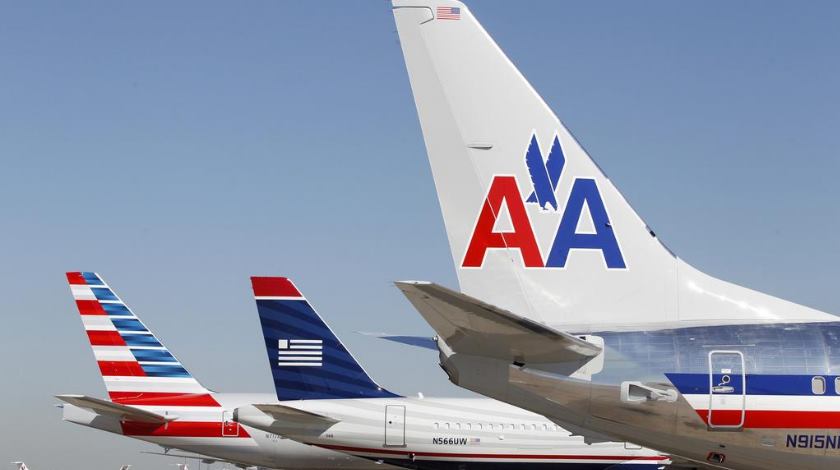Photo: Mike Stone / Reuters
Reading Time: 2 minutesNearly 900 flights have already been canceled as of Wednesday evening in anticipation of Hurricane Florence making landfall along the east coast of the United States. The website FlightAware said there were 893 total cancelations and 13,438 delays as of 6:30 p.m. Wednesday.
Major and smaller airports from Georgia to Virginia are already seeing flight disruptions because of the storm.
Charlotte, Raleigh/Durham and Greensboro airports in North Carolina as well as Richmond and Norfolk in Virginia are among the biggest inland airports looking at air traffic disruptions due to Florence.
Charlotte Douglas International Airport in North Carolina is one of the busiest hubs for American Airlines, and is most likely to be most impacted by the storm, given current trajectories.
Airports in the Washington, D.C. metro area – Ronald Reagan Washington National Airport, Washington Dulles International Airport and Baltimore/Washington International Thurgood Marshall Airport – are no longer in the storm’s direct path.
Operations will stop in airports along the Carolina coast ahead of landfall until the storm moves inland. The airports serving Charleston and Myrtle Beach in South Carolina and Wilmington, North Carolina, are among the coastal airports most likely to be directly impacted.
Dozens of airports in the region will probably see disruptions of some sort. Depending on the storm’s speed, airports could shut down as early as Thursday morning.
Current forecasts also call for Florence to stall out over the mid-Atlantic after it approaches the coast. If the storm blocks flight paths along the busy East Coast corridor, it could force delays and cancellations similar to the way long lines of thunderstorms do. That could lead to delays and cancellations in places such as New York, Philadelphia, Washington and Atlanta as airlines and air traffic control react to the reduced airspace capacity.
Many have started waving their flight change fees ahead of the storm to enable as many people to leave the area as possible, and as to assist those who may have otherwise been planning to fly into the region this week.
It is currently premature to outline the full impacts that this storm and its ensuing damage will have on air travel. As the Federal Aviation Administration writes, “Once Hurricane Florence makes ground fall, airports may be listed as ‘open’ but flooding on local roadways may limit access to airports for passengers, as well as the employees who work for the airlines or at the airport.
As a result, every aspect of your trip to the airport, including parking, checking in, getting through security and boarding may take longer than usual.”

